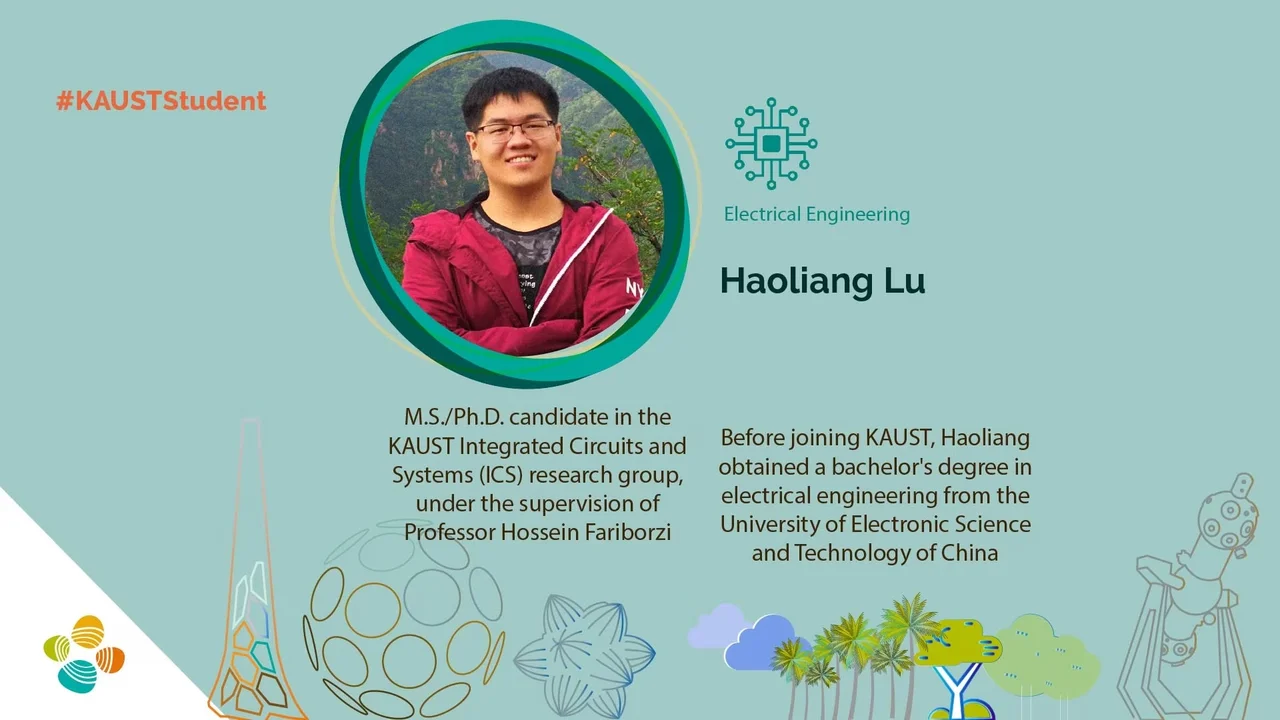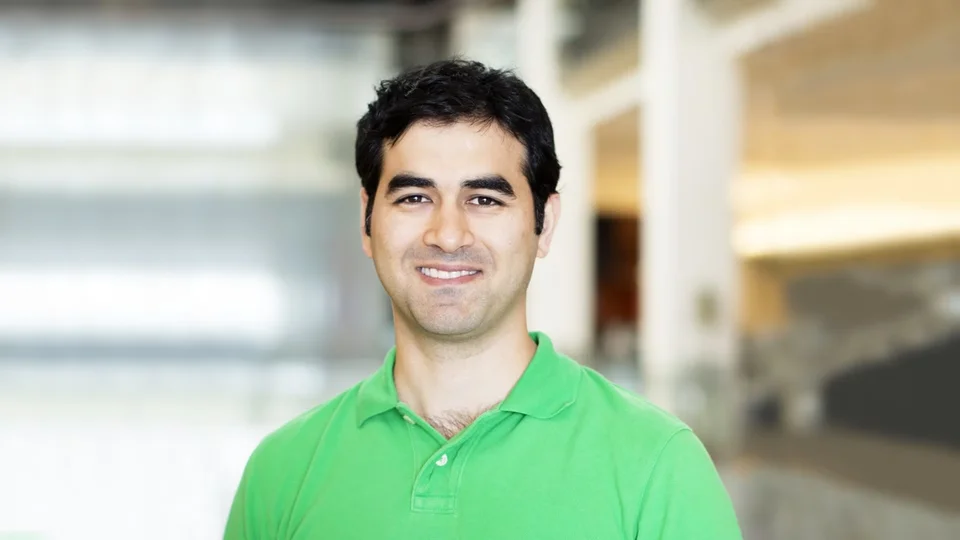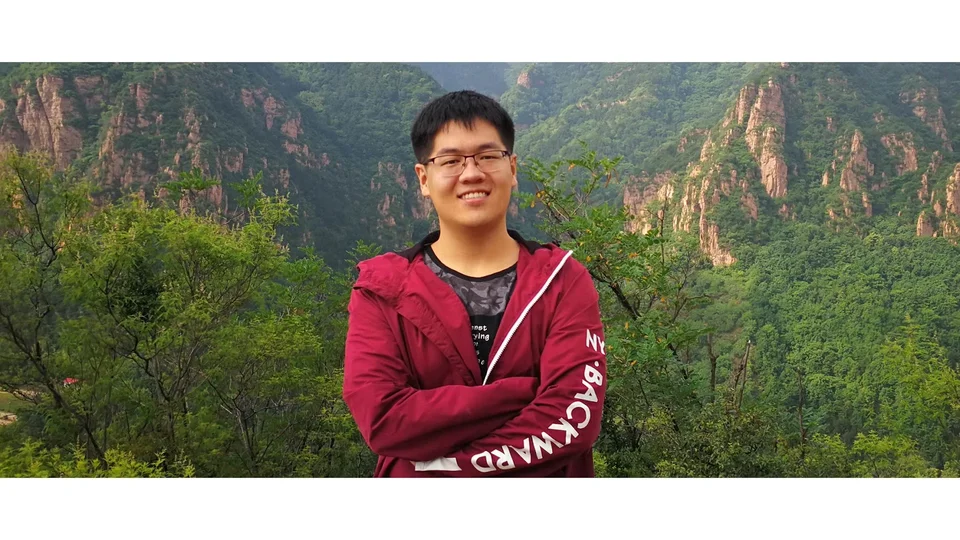
Meet KAUST prospective student: Haoliang Lu
Haoliang Lu, 22, is an electrical engineering graduate who will join KAUST from the University of Electronic Science and Technology, China. Haoliang will join KAUST in the fall of 2020 as a M.S./Ph.D. candidate, and member of the Integrated Circuits and Systems (ICS) research group, under the supervision of Professor Hossein Fariborzi.
About
-By Taruna Rapaka
Haoliang Lu, 22, is an electrical engineering graduate who will join KAUST from the University of Electronic Science and Technology, China. Haoliang will join KAUST in the fall of 2020 as a M.S./Ph.D. candidate, and member of the Integrated Circuits and Systems (ICS) research group, under the supervision of Professor Hossein Fariborzi.
What was your main subject during your undergraduate degree? Why did you choose it?
I worked on magneto-optical Kerr effect (MOKE) systems. I chose it because it was a relatively familiar field for me. I learned a lot about magnetic materials, solid-state materials, and circuits. I found this area very interesting, and the system can be used in many circumstances with high precision.
Why have you chosen to study a M.S./Ph.D. at KAUST?
KAUST has cutting-edge equipment, advanced labs, and an excellent campus. At KAUST, I can focus on my research, and there’s no need to worry about money and access to equipment. Every professor is willing to help, even if he/she is not your advisor. At the same time, I can meet people from all around the world, exchange ideas and broaden my horizon. I can find a perfect balance between work and life here.
When did your interest in electrical engineering arise? What are your research interests?
During the period when I worked with my tutor in China. Working with magnetic devices amazed me, and from then on, I decided to continue my interests in magnetic properties and their applications.
Currently, my research interests mainly focus on magnetic materials and semiconductor materials. Mostly, because I took some lectures about them during my undergraduate studies, and it will be easier for me to get involved in a project. Under the influence of Moore’s law, smaller chips can realize more functions, and their power consumption is getting lower. I’d love to work on low-power devices and hope that someday the method can be applied to AI and IoT.
What do you do in your spare time? What are you passionate about?
Sports and computer games are my main hobbies. If I have time, I enjoy traveling alone or with some close friends. I feel passionate about the process of conquering obstacles and collaborating with others. It’s encouraging when you make progress after great effort.
What is your future outlook?
I plan to complete my M.S./Ph.D. degree at KAUST.
Can you give a piece of advice to students who plan to pursue a M.S./Ph.D. at KAUST?
Don’t be reluctant; try to do something in your research area as early as possible. As long as you participate in a project, you will learn a lot. Also, don’t hesitate to share your thoughts with your tutor or advisor and ask for their advice. KAUST is a great place where everyone can share their ideas and discuss them collectively.

